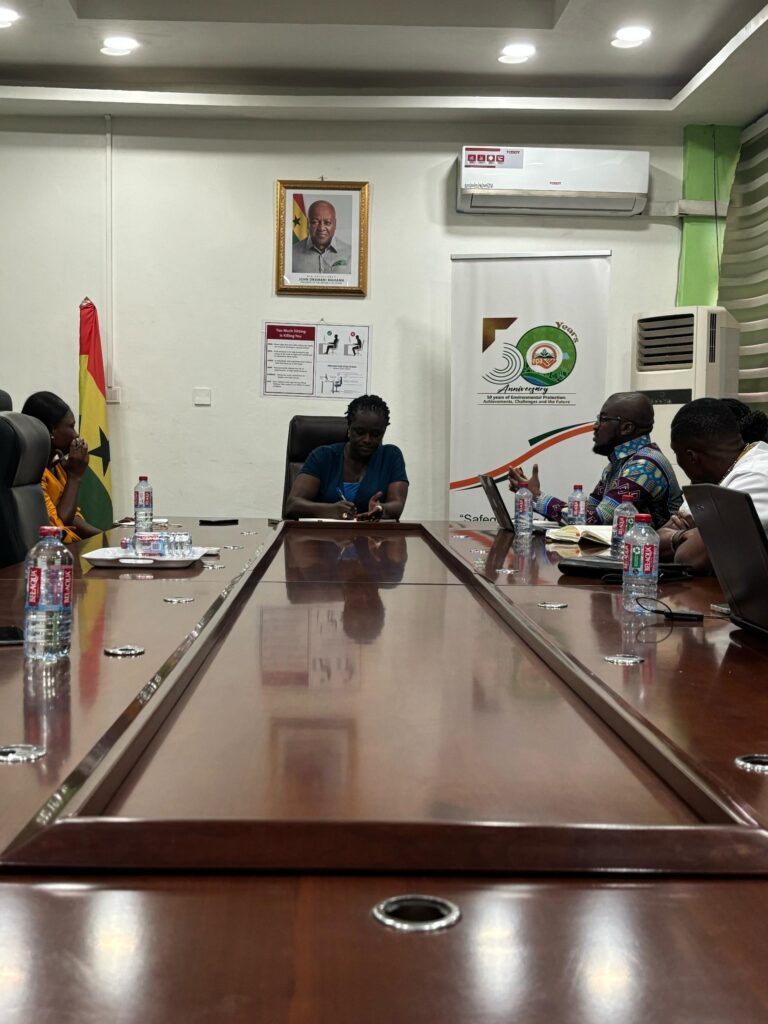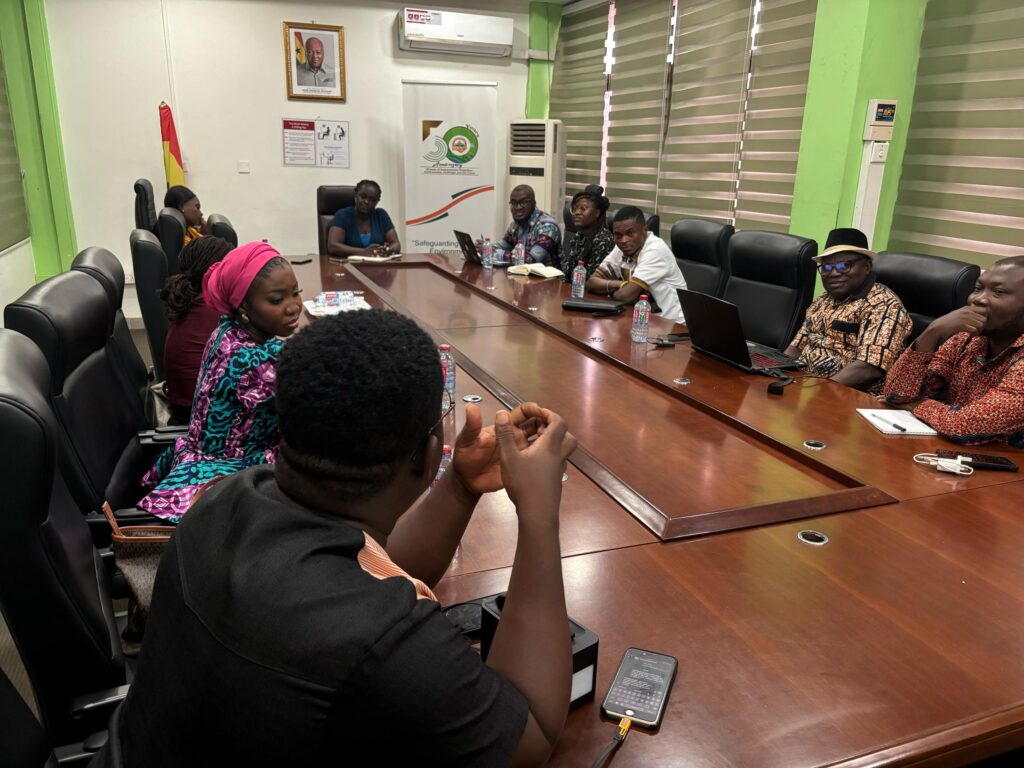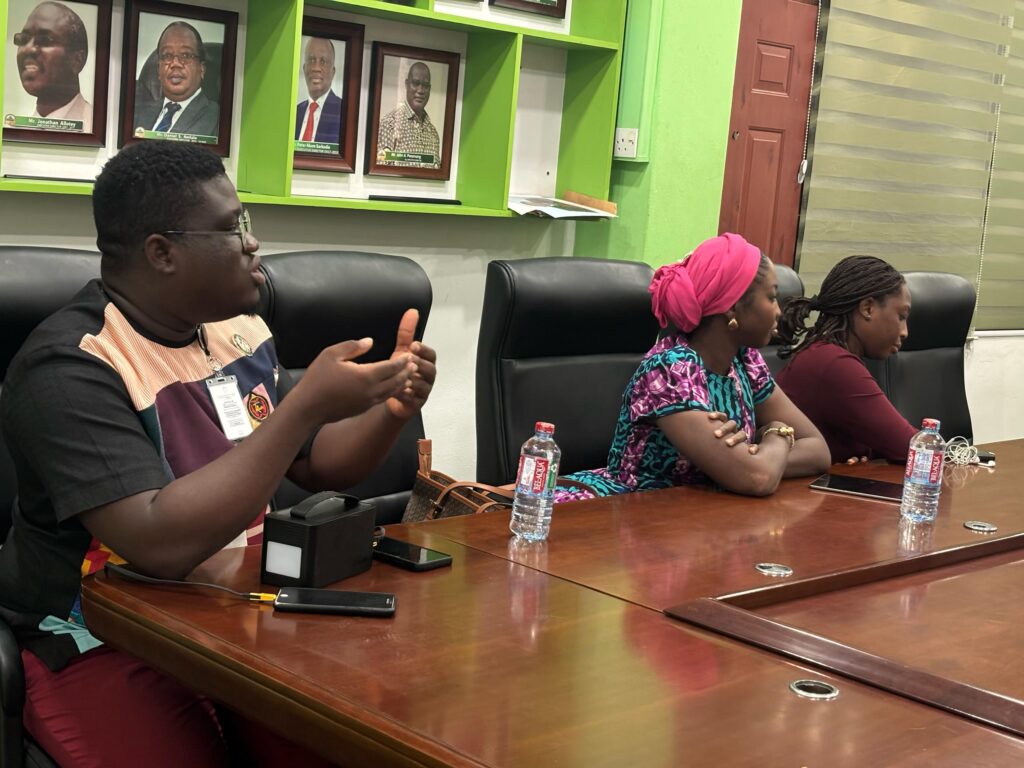Accra, April 9, 2025

The Chief Executive Officer of the Environmental Protection Authority, EPA, Professor Nana Ama Browne Klutse, has announced a renewed commitment to fostering stronger collaboration between the authority and the media during a high-level engagement with journalists. The meeting, initiated by the Climate Journalist Network, CJN, addressed a broad range of issues, with particular concern raised over the rampant destruction of natural resources such as water bodies, wetlands, and Ramsar sites.

Key Highlights from the Meeting:
- Training for Journalists:
The EPA plans to roll out a series of capacity-building training sessions for journalists ahead of key international climate events, including the upcoming UNFCCC Subsidiary Body meetings in Bonn and COP30 in Brazil. - Facilitating Accreditation for International Conferences:
The EPA will support the accreditation process for Ghanaian journalists covering international climate conferences, ensuring enhanced media presence and reporting on global climate dialogues. - Improved Access to EPA Data and Publications:
As part of its transparency agenda, the EPA will make its reports, data, and technical publications more accessible to the media to promote evidence-based climate reporting. - Addressing Access to EPA Experts:
Responding to journalists’ concerns about difficulties in accessing the EPA’s technical experts for interviews and insights, Professor Nana Ama Browne Klutse acknowledged the challenges in the past but assured that measures would be taken to streamline access and eliminate bottlenecks. She emphasized her commitment to improving the visibility of the Environmental Protection Authority through proactive media engagement and enhanced public presence. - Commitment to Media Engagement:
Professor Browne-Klutse emphasized the EPA’s recognition of the media as a key stakeholder in environmental governance. She acknowledged the vital role of journalists in raising public awareness on climate change and environmental protection, supporting informed public discourse and advocacy and promoting accountability in policy implementation.

The meeting concluded with a mutual agreement to deepen collaboration and ensure that climate and environmental issues remain high on the national agenda.
By Peter Quao Adattor








